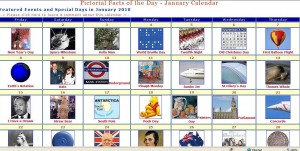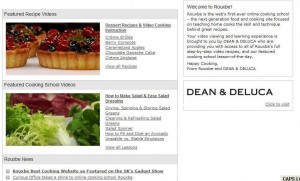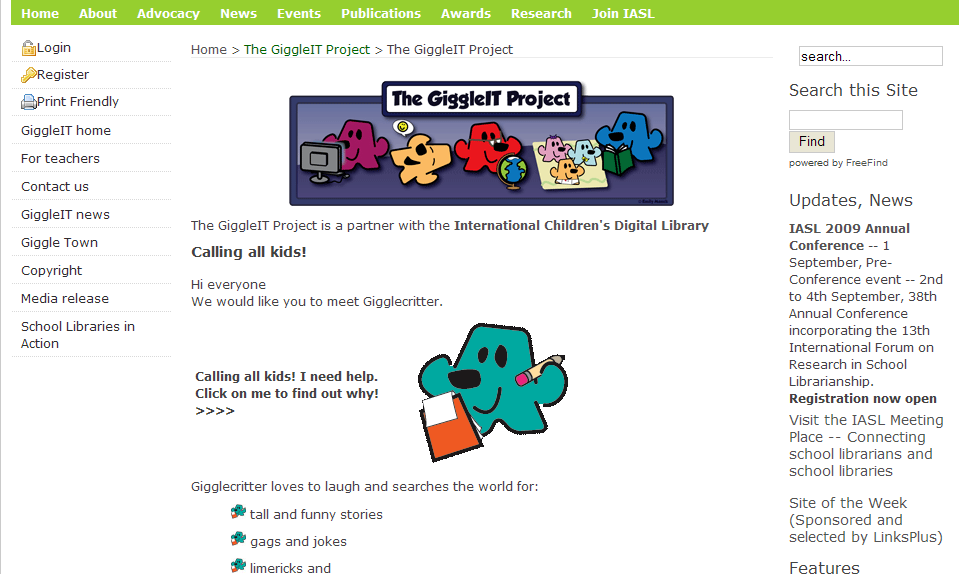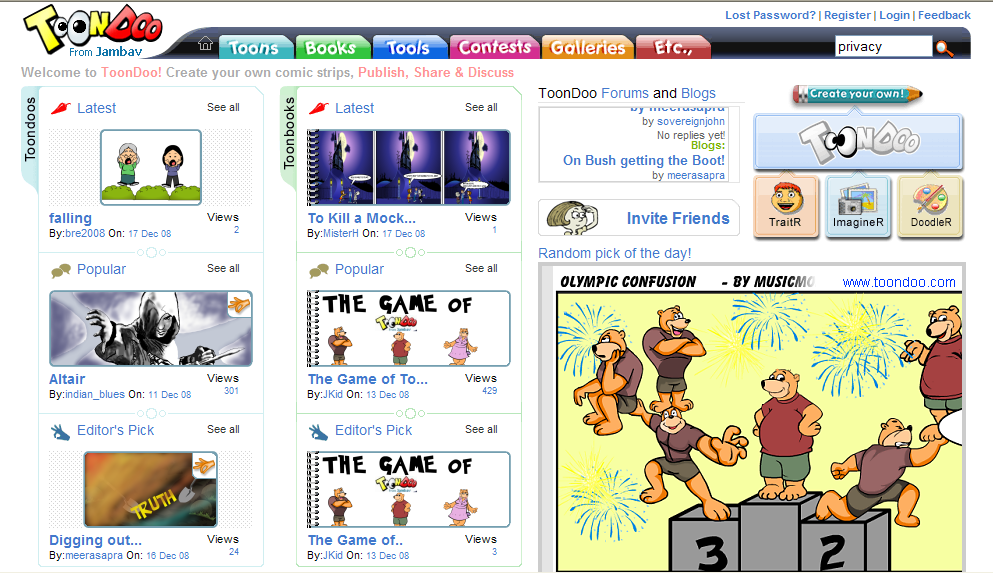Making the right to read a reality for kids
August 22, 2009
Bookseller Suzy Wilson couldn’t believe the prevalence of indigenous illiteracy, so she did something about it, writes Clare Kermond.
IT WAS just over 12 years ago that Suzy Wilson’s life took a sharp right turn. Days away from the start of a new semester, the then lecturer in early childhood education had a nasty run-in with her boss. She resigned on the spot, joking to her husband that night that she might finally follow her dream of opening a bookshop.
Luckily for many people, including Ms Wilson, that dream became a reality. She opened Brisbane’s Riverbend Bookshop 11 years ago and adores the life of a bookseller. She is passionate about the value of books and reading, and for the past six years has used her connections in the book world to promote another cause close to her heart, indigenous literacy.
When Ms Wilson, 49, first heard some of the statistics for reading and writing in indigenous communities she could not believe that such a grave problem was receiving so little attention.
”I found the figures completely unbelievable, and the fact that I didn’t know about them. It was like finding out about the stolen generation – you couldn’t believe that was going on while you were at school.”
At first Ms Wilson set herself a modest target, planning to organise a raffle at the shop, maybe donating a shelf of books. But with her background in early childhood education she saw an opportunity to do some good for two causes, indigenous literacy and children’s reading in general.
Ms Wilson approached the seven schools in her local area and pitched the idea of a reading challenge, with each child paying five dollars to meet the target of reading 10 books; the children would get a certificate and the money raised would pay for books and literacy support for remote indigenous communities.
Schools leapt at the idea. Ms Wilson says teachers especially liked the theory that children were helping other children learn to read. For the first challenge, in 2004, 112 schools signed up and more than $25,000 was raised.
”The message we always give to schools is, ‘Can you imagine a world without books and reading?’ A lot of these [indigenous] kids don’t even see a book until they get to school and then they start learning to read in what is often their third language. Think about how hard that would be. My children have done Italian all through primary school and they couldn’t read a book in it.”
Ms Wilson’s idea has grown into the Indigenous Literacy Project (ILP), a national scheme backed by the publishing and bookselling industry around Australia. The fund-raising ideas have broadened too, partly to avoid doubling up with the Premier’s Reading Challenge, which most states now have in all schools. Each year on Indigenous Literacy Day, September 2, publishers and booksellers that sign up donate 5 per cent of their takings to the project. Schools fund-raise in a variety of ways.
For the first time, there will also be a benefit concert on Tuesday at the Melbourne Town Hall, organised by one of the project’s ambassadors, Felix Riebl of the Cat Empire band, and with some big musical names including Paul Kelly and Archie Roach.
Ms Wilson says some people question how the literacy problems in indigenous communities could have become so serious but even minimal research finds some obvious answers. ”There’s health issues, there’s English as a third language, there’s no access to books, there’s also things like consistency,” Ms Wilson said. ”One principal told us that five of the teachers were new in the last three weeks. How do you address literacy if the teachers are turning over that quickly? There’s also truancy and just getting kids to school over long distances. At the first school I ever visited the library consisted of a few boxes on the floor of a classroom and the school had been built on the floodplain and it flooded four times a year, so they lost their books.”
Tara June Winch, an indigenous author and another ambassador for the ILP, has run several workshops with children in indigenous communities in Arnhem Land. She is clearly moved when she talks about meeting young children who have never handled a book.
”It’s so important to build up that idea of books at home for the little ones. My daughter is 3½ and she’s always had books around. One thing I noticed going out to Arnhem is watching the children opening the book, turning the pages, it’s the first step in learning to read.” June Winch is organising board-and-cloth books for babies as part of her work with the ILP this year.
Ms Wilson is one of a committee of six volunteers who run the ILP with some paid administrative help. Although the project has raised more than $500,000 since it started five years ago she says some days the challenges can seem overwhelming. ”When we’re all getting a little bit tired and burnt out we go on a field trip to the Katherine. You see these kids opening a box of books and it’s like five Christmases have arrived all at once. They’re the very real joys.”
Songs for Stories, the benefit concert for the Indigenous Literacy Project is at the Melbourne Town Hall at 7.30pm on Tuesday.
http://indigenousliteracyproject.org.au
http://www.mwf.com.au
Congratulations to Suzy and everyone involved in this wonderful project.





